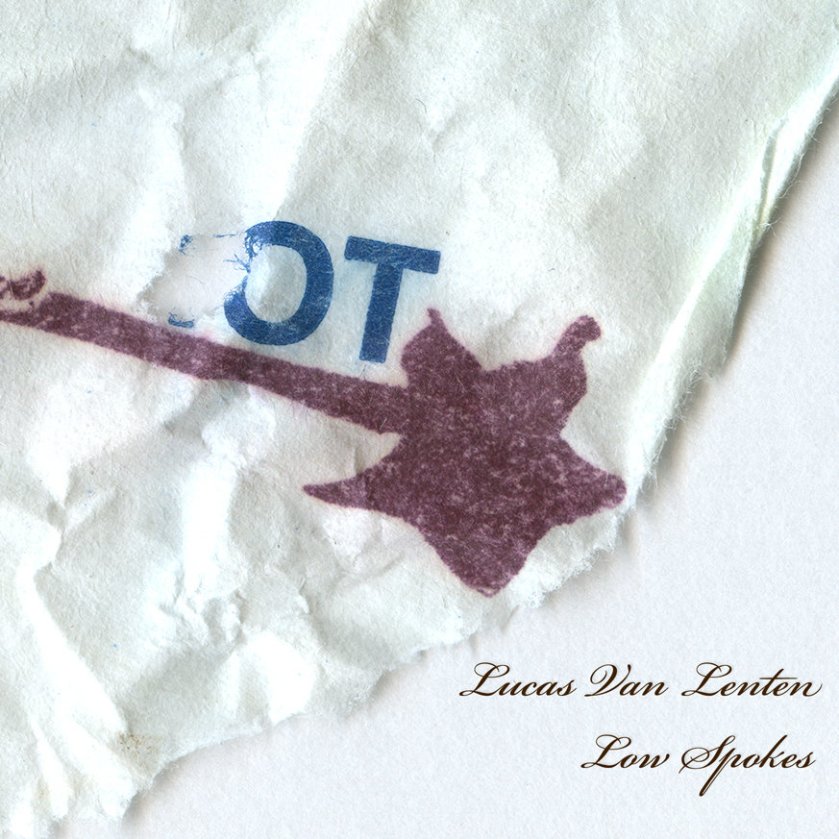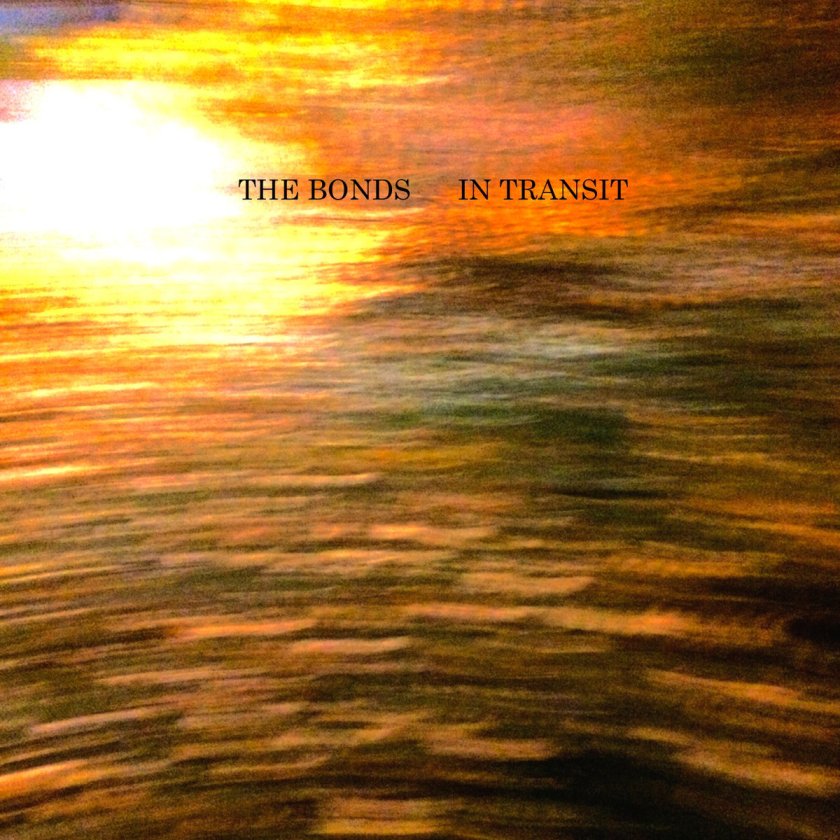Released two and a half years ago, Lucas Van Lenten’s Low Spokes espouses a particular brand of triteness that has since faded from favor. Nonetheless, the album succeeds in it’s appeal to late-indie’s most relatable brand of irony.
The 11-song LP is not dissimilar from a young child that knows how to use her cuteness to gain advantage– you know they know what their doing, but your cultural and neurological predispositions prevent you from doing anything but saying “aww, how cute!” When Van Lenten sings “and they all come down like rain into us/ we’re born of stardust and luck” I would strongly prefer to not feel the affect of goosebumps down my neck. And yet here we all are. Plenty of Van Lenten’s lyrics fall short of the mark (“there’s no clock to strike the hour/ just the creep of deadly flowers on the stairs”, “a baker’s dozen/ snow-white roses/ picked for no one”), and yet his delivery and evocative structures manage to carry a sufficient number through to the heart-strung finish line.
Low Spokes opens with the bouncy “San Sebastian”, a sign of all the Cloud Cult derivations and emotional manipulations to come. Utilizing lush backing harmonies, an accordion, and a sleigh bell, Van Lenten settles back into his wheelhouse on “Pocketful of Blackbirds.” As a general rule, Van Lenten is less successful when he picks up the electric guitar– exemplified dully on “Black Veruza”. Aside from forgettable tone choices, guitar driven tracks on this album leave behind the dynamics and ambiance that make other selections so successful. By the time we hit “Speak of the Devil”, the first notes of mandolin appear to be god-sent. The light-hearted “Out in the Streets” stands out from the album, as it shirks the oh-so-of-it’s-time signals and instead blends Queen-esque guitar harmonies with Your Favorite Weapon-era Brand New vocal patterns. Unfortunately, it is followed up by the utterly skippable “Toledo Facedown” before Van Lenten finds his natural resting point to end the album in the serenely triumphant “Shake the Bells Down”.
The songs are littered with radio-signal-space-flanger sound interludes that I have no idea what to do with, especially in light of the album’s excusable over-sentimentality. My only other reference point for this strange intersection is the Sagen-influenced 90’s film Contact— and yet I somehow don’t believe this is the intended reference. Even when ignoring the extraneous, however, listeners can look to Low Spokes as an album that clearly knows it’s strengths, audience, and intended effect.







